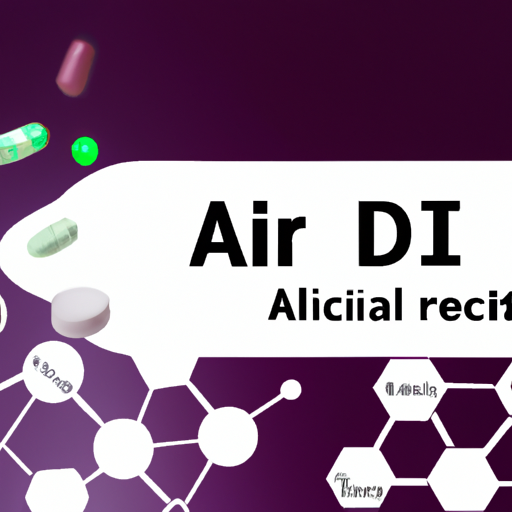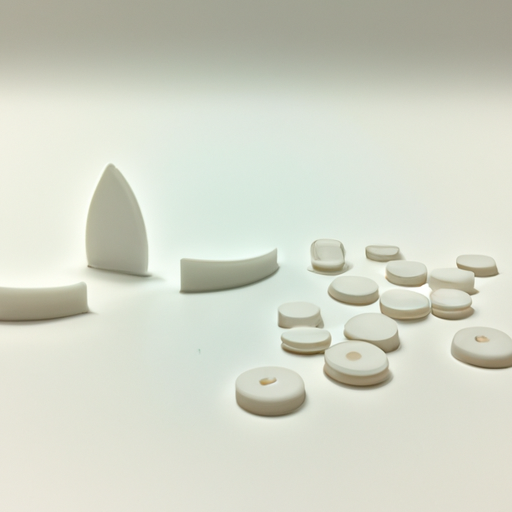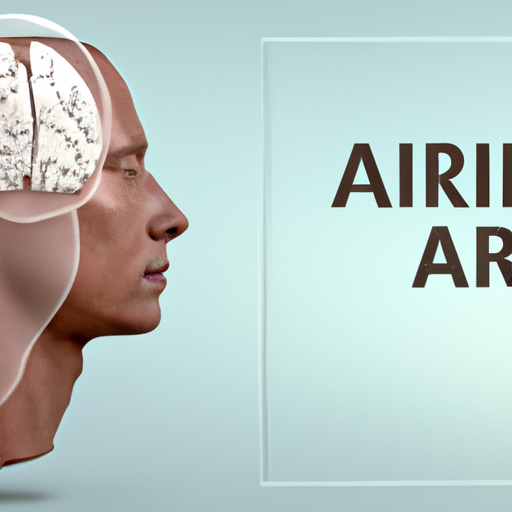In recent years, the pharmaceutical industry has witnessed a significant transformation, driven largely by advancements in artificial intelligence (AI). AI-powered drug discovery is not just a buzzword; it represents a groundbreaking approach that enhances the efficiency and speed of drug development processes.
The Need for Faster Drug Development
With the increasing complexity of diseases and the rising costs of drug development, traditional methods are often inadequate. The process can take over a decade and cost billions, creating a pressing need for more innovative solutions.
How AI is Transforming Drug Discovery
AI technologies, including machine learning and deep learning, are being applied to various stages of the drug discovery process:
- Data Analysis: AI algorithms can analyze enormous datasets from biological research, speeding up the identification of potential drug candidates.
- Predictive Modeling: Using historical data, AI can predict which compounds will be successful, reducing the need for extensive laboratory testing.
- Lab Automation: Robotics combined with AI makes it possible to conduct experiments at an unprecedented scale and speed.
Success Stories in AI Drug Discovery
Several companies have reported success in utilizing AI for drug discovery. For instance, Insilico Medicine has developed an AI system that discovered new drug candidates for diseases like fibrosis and cancer in a fraction of the time taken by traditional methods. Similarly, BenevolentAI focuses on expanding the reach of already-known compounds to treat new diseases, significantly increasing the chances of successful outcomes.
The Future of AI in Healthcare
The adoption of AI in medicine is expected to grow exponentially over the next few years. As regulatory bodies begin to keep pace with technological advances, we can anticipate a significant increase in AI-driven initiatives across the pharmaceutical landscape.
Conclusion
AI-powered drug discovery is revolutionizing the way we develop medications, offering a faster, more efficient, and cost-effective solution to one of humanity’s pressing needs. With technological advancements continuing to unfold, the future of healthcare looks promising, empowered by the potential of artificial intelligence.
Stay tuned for more updates in the field of healthcare innovation and AI technologies!













